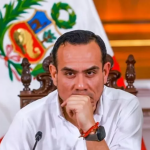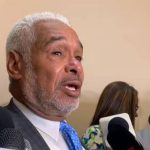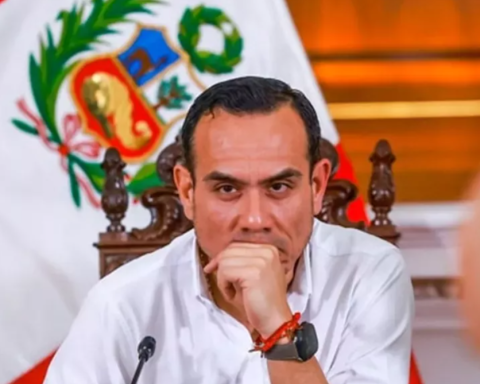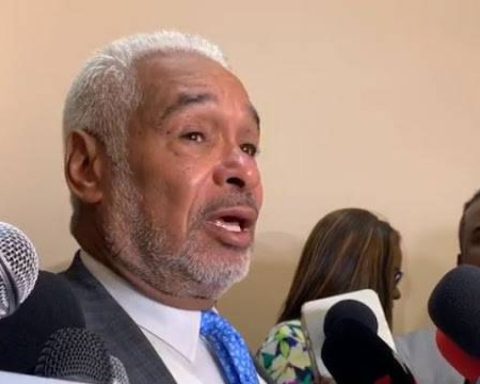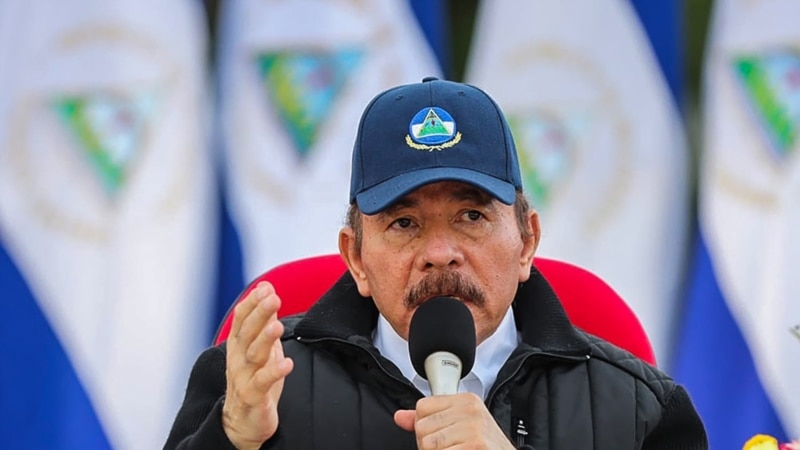
The Inter-American Commission on Human Rights (IACHR) expressed its concern on Friday about the effects suffered by some Nicaraguan opponents after the government of Daniel Ortega “arbitrarily deprived them of their nationality” months ago.
A release jointly with the Office of the Special Rapporteur on Economic, Social, Cultural and Environmental Rights (REDESC) and the IACHR reports that these people have been deprived of various things, such as the right to social security, including older people, whose livelihood and dignified old age would be affected by the measure.
These opponents have also had the assets they had in Nicaragua confiscated and their bank accounts cancelled. The IACHR also noted that they were removed from property records.
In some cases, the IACHR assures, their relatives or third parties who inhabit said properties would have denounced the collection of rent by the Office of the Attorney General of the Republic (PGR) as a condition for remaining in the property and would have received summons from the same institution to formalize ” their occupational status.
The IACHR and SRESCER consider that “the loss of housing and land assets for cultivation and work would leave people who were declared stateless and their families in a situation of greater vulnerability.”
“Confiscation of property is an arbitrary sanction”
The Ortega government canceled the nationality of 222 political prisoners once it released them and they were welcomed by the United States; later he took the same measure with 94 other Nicaraguansincluding writers, journalists and intellectuals, such as the former Nicaraguan vice president Sergio Ramírez and the poet Gioconda Belli.
The resolution approved by the Nicaraguan Justice it was based on an alleged “treason to the homeland” on the part of those indicated, for which “accessory” sanctions were applied, such as the impossibility of holding public office or popular election.
The IACHR recalled that the right to private property is enshrined in Article 21 of the American Convention and can only be restricted based on the requirements of that norm.
“The Commission and SRESCER warn that the confiscation of assets and assets and the arbitrary deprivation of nationality constitute an arbitrary and disproportionate criminal sanction against people identified as opponents of the Nicaraguan government,” the agency indicated.
Similarly, they urged the State of Nicaragua to cease acts of harassment against opposition members, and urged it to “guarantee the conditions for them to fully develop their life projects, as well as to exercise their rights, particularly their economic rights.” , social, cultural and environmental”.
Connect with the Voice of America! Subscribe to our channel Youtube and activate notifications, or follow us on social networks: Facebook, Twitter and instagram.








